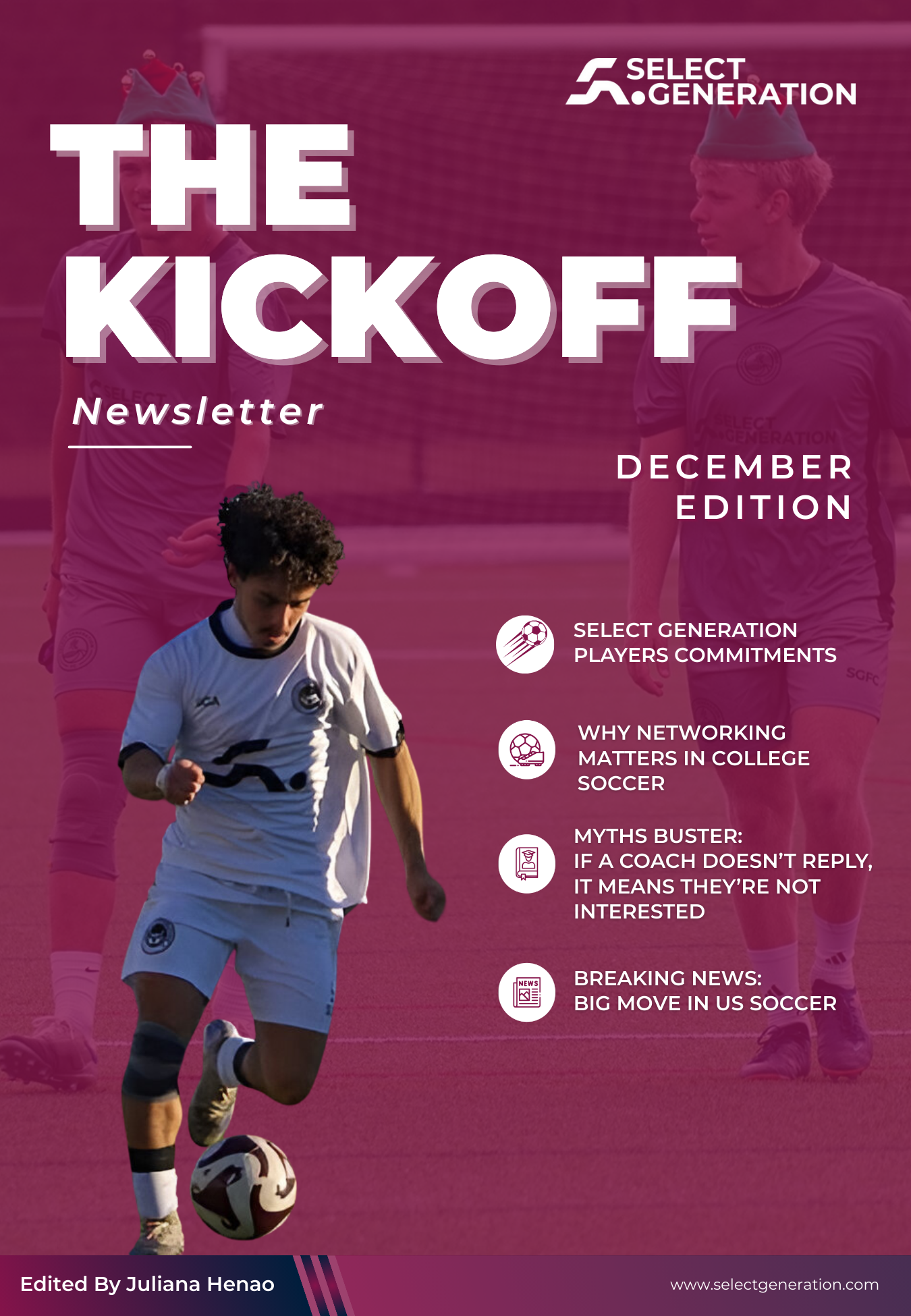College soccer in the U.S. isn’t just about playing the game—it’s about managing your life on and off the field, especially when your schedule includes constant travel. Whether you’re playing in the NCAA or NAIA, student-athletes regularly face demanding travel routines, midweek matches, and academic responsibilities that test both their physical and mental endurance. Understanding how travel and game schedules shape the student-athlete experience is key to performing at your best—and staying healthy and focused throughout the season.
1. The Demands of College Soccer Travel
College soccer teams often travel long distances for conference and non-conference games. Depending on your school’s location and conference, a “short” trip could still be several hours by bus or even a flight away. For example, a Friday match might mean departing Thursday morning, missing one or two days of classes, and returning late Friday or early Saturday.
These frequent travel demands affect more than just your sleep. They can influence:
- Academic performance (due to missed lectures or study time)
- Recovery and rest (limited sleep on the road)
- Nutrition (difficulty maintaining regular, healthy meals while traveling)
- Mental fatigue from managing travel logistics and performance pressure
2. Back-to-Back Matches and Their Impact
During the season, many teams play two matches per week—often on Thursdays and Sundays or Fridays and Mondays. These quick turnarounds leave little time for recovery, especially if travel is involved. Playing a high-intensity match and then preparing for another just 48 hours later can lead to:
- Fatigue and muscle soreness
- Increased injury risk
- Reduced focus during training or academic work
- Mental burnout
Players who don’t manage their recovery properly may struggle to maintain consistent performance throughout the season.
3. Managing Academics During the Season
Juggling travel and academics is one of the biggest challenges in college soccer. You may be asked to submit assignments early, complete exams on the road, or attend online classes while riding a team bus.
To stay on top of your academic responsibilities:
- Communicate early with professors about your soccer schedule
- Plan ahead for major assignments and tests
- Use travel time wisely—bring study materials on the road
- Take advantage of team academic support services or tutoring
Want more tips on balancing school and soccer? Check out this related blog:
👉 How to Prepare for Your First Year as a College Soccer Player
4. Staying Mentally Sharp on the Road
Traveling and competing constantly can wear you down mentally. Players often report feelings of homesickness, stress, and performance anxiety—especially during long road trips or back-to-back away games.
Here are a few ways to stay mentally strong:
- Stick to routines—whether it’s your warm-up, meals, or sleep schedule
- Stay connected with family and friends to manage homesickness
- Talk with teammates—they’re going through the same thing
- Practice mental focus techniques, like visualization or journaling
For more on this topic, read:
👉 The Role of Mental Health in College Soccer: How to Stay Focused and Motivated
5. How Coaches Help Manage Travel and Performance
Most college coaches are well aware of the toll that travel and dense game schedules can take on their players. A good program will implement strategies to help:
- Plan smarter travel logistics (minimizing overnight trips when possible)
- Rotate the squad to keep players fresh
- Integrate recovery sessions like stretching, ice baths, or light training
- Monitor player workloads to prevent burnout and overtraining
That said, every program is different. When researching schools, ask about how they handle travel and recovery. This could be a major factor in your decision.
6. Nutrition and Hydration on the Road
What you eat and drink during travel significantly affects your performance. Fast food stops and gas station snacks don’t provide the nutrients needed for peak performance. Smart players:
- Pack healthy snacks and hydration (protein bars, fruit, water)
- Avoid heavy meals before games
- Replenish electrolytes and stay hydrated, especially after long bus rides
- Follow a recovery meal plan post-game to aid in muscle repair
Working with a sports nutritionist—or learning basic nutrition guidelines—can be a major performance advantage.
7. Adapting to Different Climates and Time Zones
If you're playing in a large conference or traveling out of state, you may find yourself adapting to various climates and time zones. From hot and humid southern states to cold and windy northern fields, your body must adjust quickly to unfamiliar conditions.
- Stay hydrated in warm environments
- Layer up when playing in colder areas
- Sleep properly before traveling across time zones
- Arrive early when possible to acclimate
Want to learn more about climate effects on college soccer?
👉 How Weather and Climate Affect College Soccer Across Different States
8. Time Management Is the Key to Success
The most successful college soccer players know how to plan their week down to the hour. With practice, recovery, study sessions, and travel, there's no time to waste. Use planners, calendars, or digital tools to keep everything organized.
Your discipline off the field reflects your consistency on it.
9. Embracing the Experience
While travel and tight schedules can be exhausting, they’re also one of the most memorable parts of college soccer. Traveling with your teammates builds strong bonds and unforgettable experiences. Embrace the challenge and use it as a way to grow—not just as an athlete, but as a person.
Final Thoughts
Managing college soccer life means being adaptable, organized, and mentally strong—especially when the season brings non-stop travel and games. Whether you're playing for a small college or a top-tier D1 school, your ability to handle these challenges will define your college experience.
If you're serious about thriving under pressure and making the most of every match, your preparation off the field is just as important as your performance on it.
.svg)










